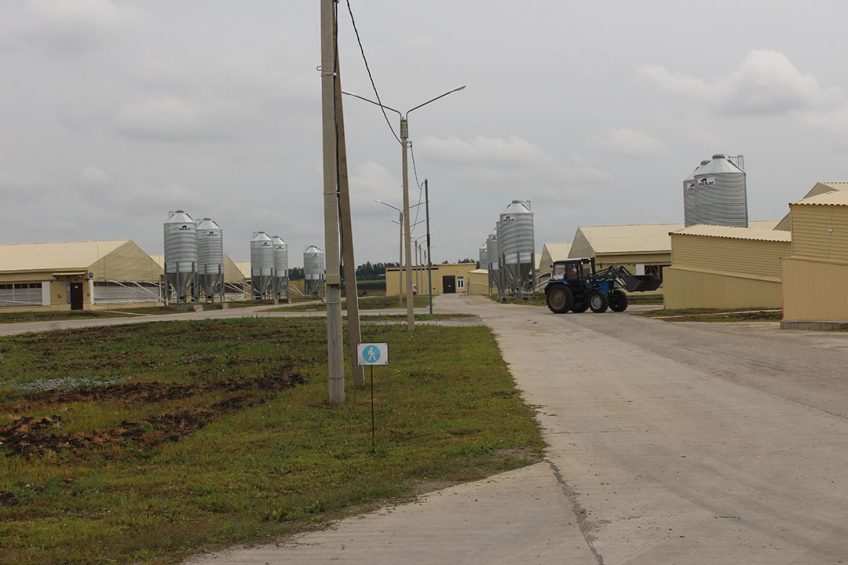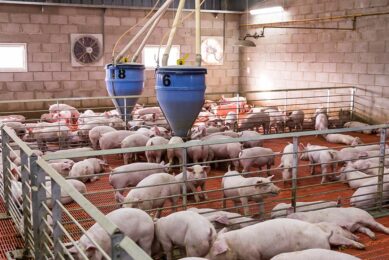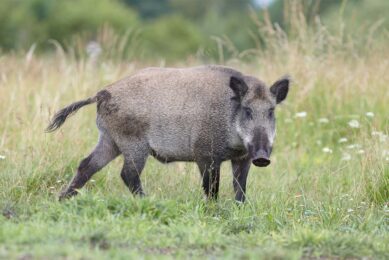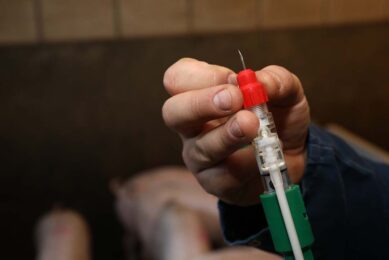Hopes for regionalisation policy with ASF in Germany

The occurrence of African Swine Fever (ASF) in Germany could push the world’s largest pork importers to change their import policy, which would ultimately pave the way for Russian pig products on new foreign markets.
That message was shared by Yuri Kovalev, chairman of the Russian Union of Pork Producers (RUPP) in the Russian magazine Agroinvestor.
Applying a regionalisation policy with regard to ASF
Russia’s hope is that China will apply a regionalisation policy when importing pork from Germany, i.e. allowing continued exports from regions that have not been hit by the ASF, thus maintaining restrictions only for those areas where ASF was recently found. Kovalev added, “Consequently, we hope that China would also apply the regionalisation policy concerning Russia. As of today, ASF has been found in 50 countries, which means that regionalisation is a very relevant issue.”
No impact on global pork markets
The ASF outbreaks in Germany are not likely to impact global pork markets, Kovalev added. Other countries, including Spain, Denmark, the Netherlands, Brazil, Canada, and the US will fill the gap on the supply side. However, the epidemic is likely to impact the European pork market, where prices are projected to come down in the course of the coming months, he said.
Negotiations with China are ongoing
The Russian veterinary watchdog Rosselhoznadzor has recently completed the 3rd round of negotiations with the Chinese general customs administration about livestock product trade. The Chinese authorities will inform Rosselhoznadzor what steps must be taken in order for Russian regionalisation to be recognised in China.

Russia built up a modern pig farming industry in recent years.
Read more about a recent visit to Cherkizovo
Russia fights ASF
In the meantime, Russia continues to struggle against ASF. Since the beginning of the year, Rosselhoznadzor registered 193 outbreaks, of which 127 occurred at pig farms. The disease’s spread continued during the past few months, but the main pork producing regions, including Belgorod and Voronezh regions, both south of Moscow, remain ASF-free.
 Beheer
Beheer








 WP Admin
WP Admin  Bewerk bericht
Bewerk bericht